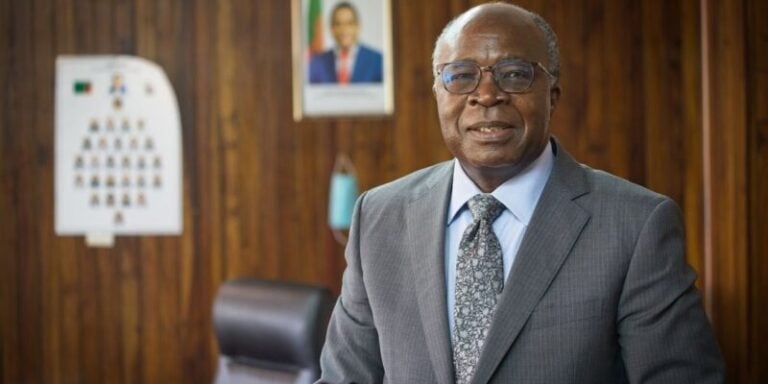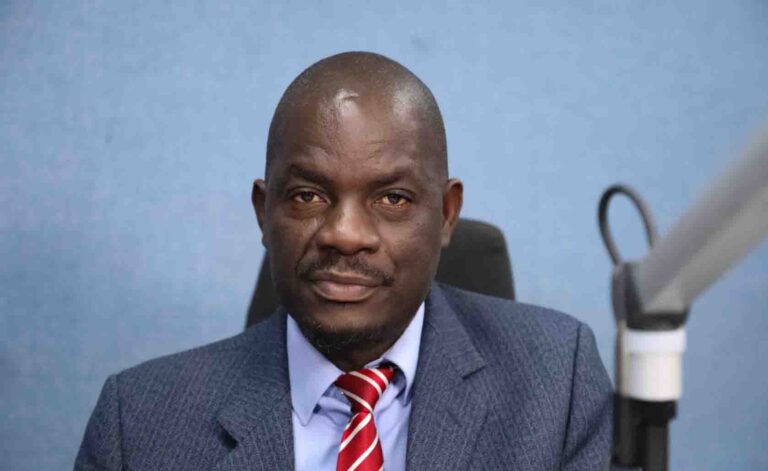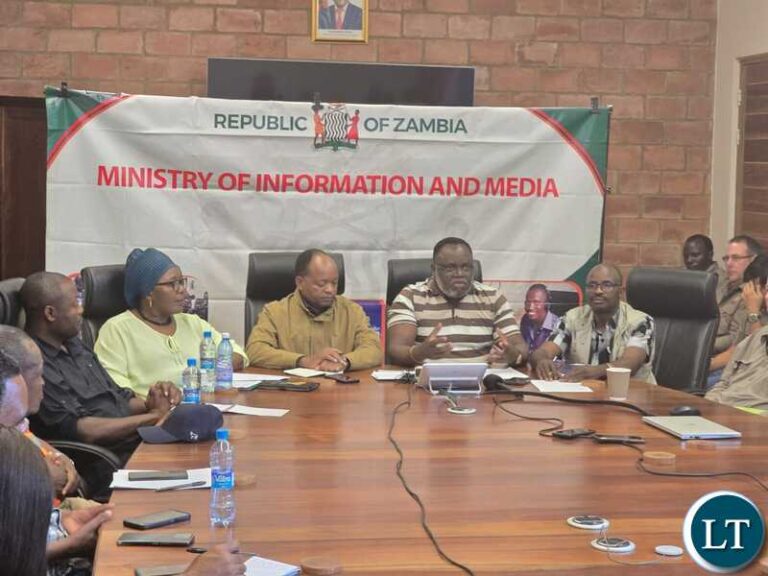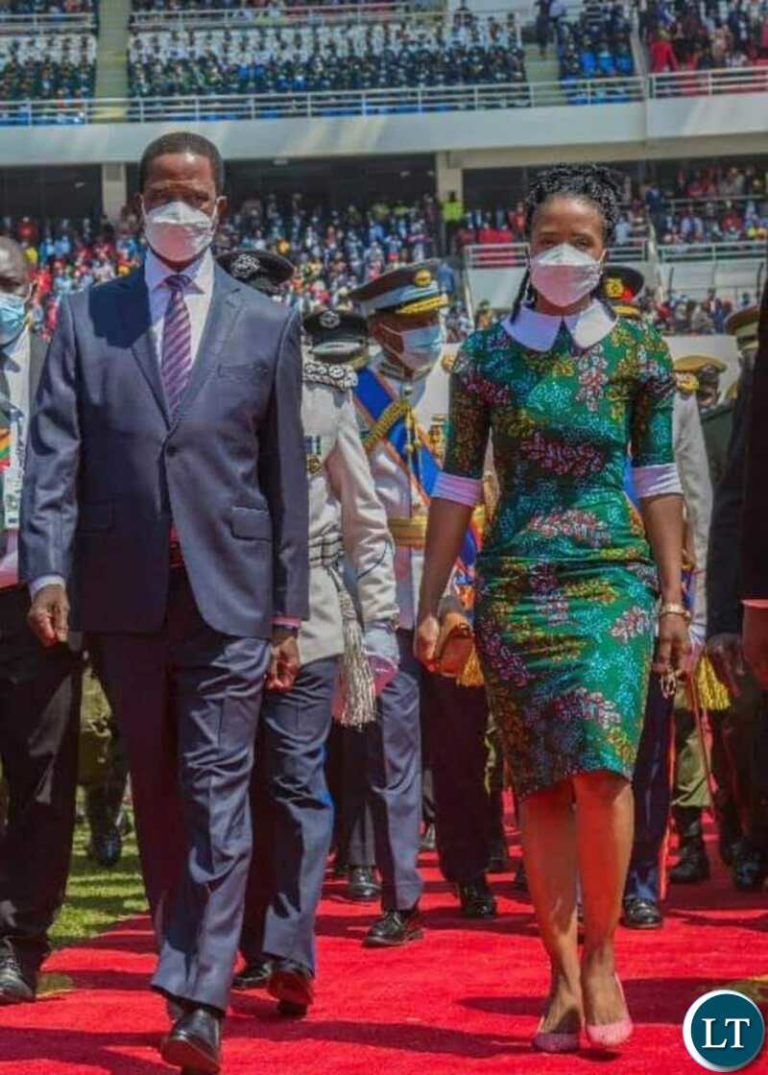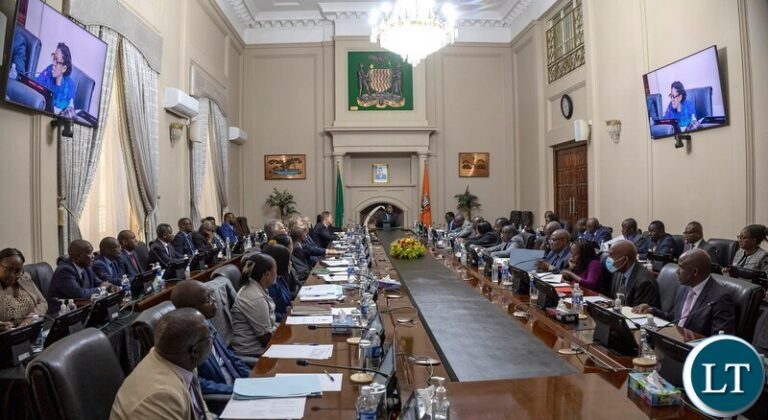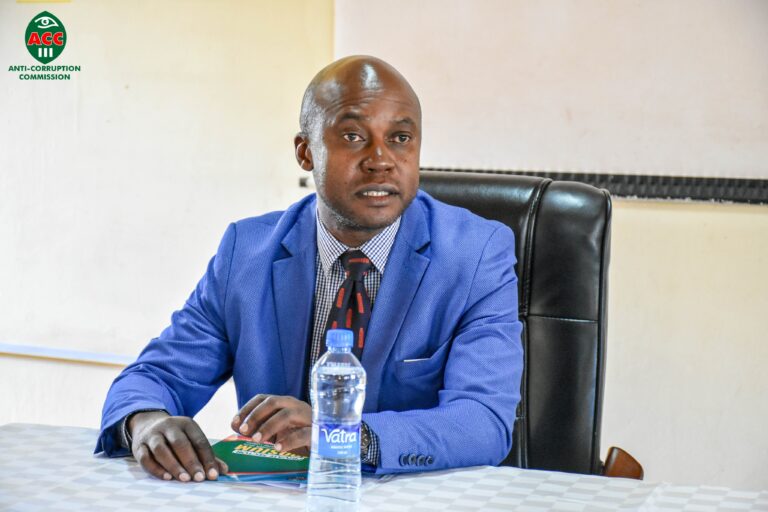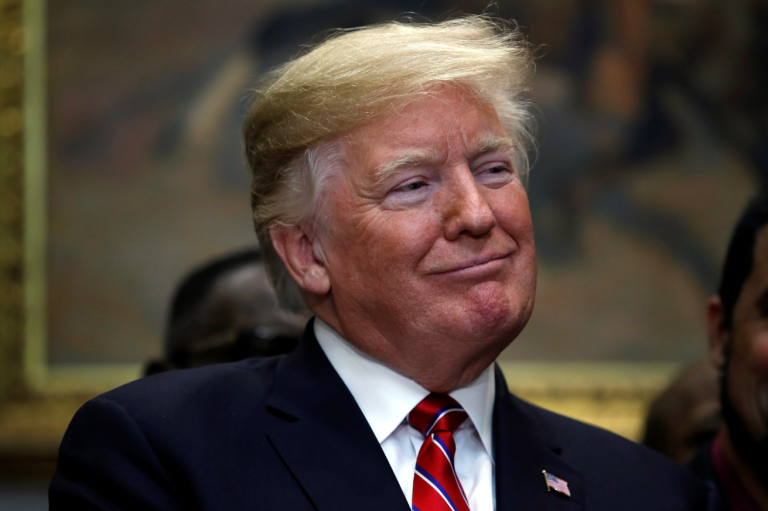Minister of Finance, Dr. Situmbeko Musokotwane, has faced scrutiny following his decision to hire private auditors for an audit of Zambia’s defence and security forces. The audit, which included a payment of K16.8 million to private firms, has been deemed illegal by several legal authorities, including the Law Association of Zambia (LAZ), due to violations of the Public Audit Act and the Public Finance Management Act.
Under Section 10 of the Public Audit Act No. 29 of 2016, the Auditor General is granted the power to appoint external auditors for state organs and bodies. However, this authority is limited, particularly when auditing sensitive institutions like the defence forces, law enforcement, and national security services. According to LAZ, the Auditor General’s power to subcontract such audits is restricted under Section 24(3) of the Public Audit Act.
In a letter dated 22nd November 2022, LAZ clarified that the Auditor General is prohibited from allowing external auditors to access confidential records or enter the premises of national security institutions unless specific criteria are met. These provisions are designed to protect national security by preventing the unauthorized circulation of sensitive information related to the country’s defence and law enforcement operations.
The objections raised by LAZ are further supported by Section 73(2) of the Public Finance Management Act, which emphasizes the legal protections on the records of the Defence Forces. The Act stipulates that these records should not be accessed without a valid national security justification. Furthermore, the Public Finance Management Act requires that any audit of the defence sector must receive prior written consent from the President, as outlined in Section 73(3), in order to safeguard national security.
Dr. Musokotwane’s decision to proceed with the audit without securing the necessary authorization from both the Auditor General and the President has led to concerns about the legality and procedural integrity of the exercise. Critics argue that this action bypasses the established legal framework that governs audits of sensitive government sectors.
The financial cost of K16.8 million for the audit has also raised questions about the appropriate allocation of public funds, especially given that the audit was not authorized in accordance with the law. This expenditure is seen by some as an improper use of taxpayers’ money, particularly in light of the legal concerns involved.
Musokotwane has defended his decision, stating that the audit was necessary for ensuring financial transparency in the defence sector. However, critics argue that transparency must be balanced with strict adherence to legal protocols, especially when national security is involved. They emphasize that audits of the defence and security sectors must be conducted within the legal boundaries established to protect the nation’s security interests.
Opposition parties, civil society organizations, and legal experts have supported LAZ’s objections, calling for a review of the Minister’s actions and for clearer guidelines on auditing sensitive state institutions. They argue that this situation highlights a need to address gaps in the legal framework governing audits in such critical sectors.
While Dr. Musokotwane has justified the need for the audit, the failure to follow the required legal procedures has left questions about the impact on public trust in government financial management. The Minister’s actions could influence how audits in sensitive sectors are conducted in the future, with some advocating for a comprehensive review of the process to ensure that it aligns with both transparency and national security needs.
By Mwansa Mulenga


